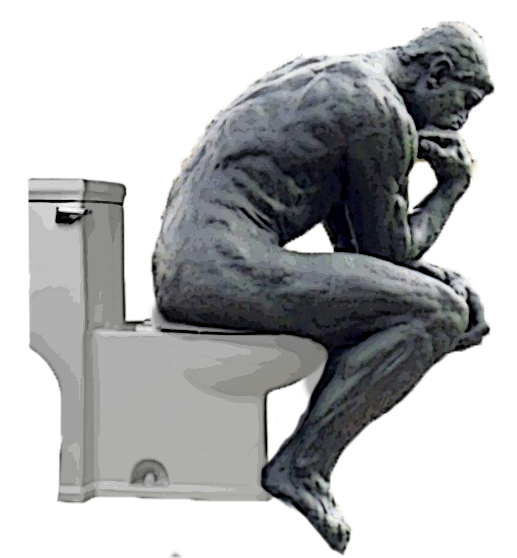Is it better to be liked or respected?
Photo courtesy of Elias Rovielo
Is it better to be liked or respected? As philosopher Thomas Hobbes would tell us, discourse begins with definitions. As such, how can we hope to answer this question without understanding what it means to be liked or respected? In fact, the answer depends less on either of these qualities than what one means in terms of “better.”
The word better begets criteria; it is better in terms of what? Consider Niccolò Machiavelli’s question of whether it is better for a ruler to be loved or feared. The pivotal part of the question is that we are discussing what is good for a ruler. To ask whether it is better to be loved or feared, without reference to some criteria, is to ask an unanswerable question. We must determine the end to which it is better to be liked or respected if we are to have any hope of answering our own question.
For example, suppose we are discussing which is better for a political leader. In keeping with Machiavelli, we would find that being respected is better than being liked. Few people disliked former Tory leader Joe Clark, yet his rival Pierre Trudeau was more successful in politics not by virtue of being better liked, but through crafting sometimes begrudging respect from his caucus. Furthermore, no amount of being well-liked spared Clark from the political ambitions of men like John Crosbie and Brian Mulroney.
Naturally the careers of these individuals are more complicated than presented here, although a passing glance suggests a political leader ought to prefer to be respected. However, few of us are political leaders, and one might ask which of these two factors are intrinsically more valuable. When the question is posed this way, the answer is neither.
As 2nd century Roman Emperor Marcus Aurelius tells us, praise does not make anything better or worse. That a person is better liked, or more respected, does not make them more or less virtuous. If they are a good, righteous person, then they are that same virtuous individual regardless of what other people think of them. Being liked or respected is therefore not valuable in and of itself. Instead, both qualities are only valuable in support of some end, meaning their worth is dependent on what one hopes to accomplish.





